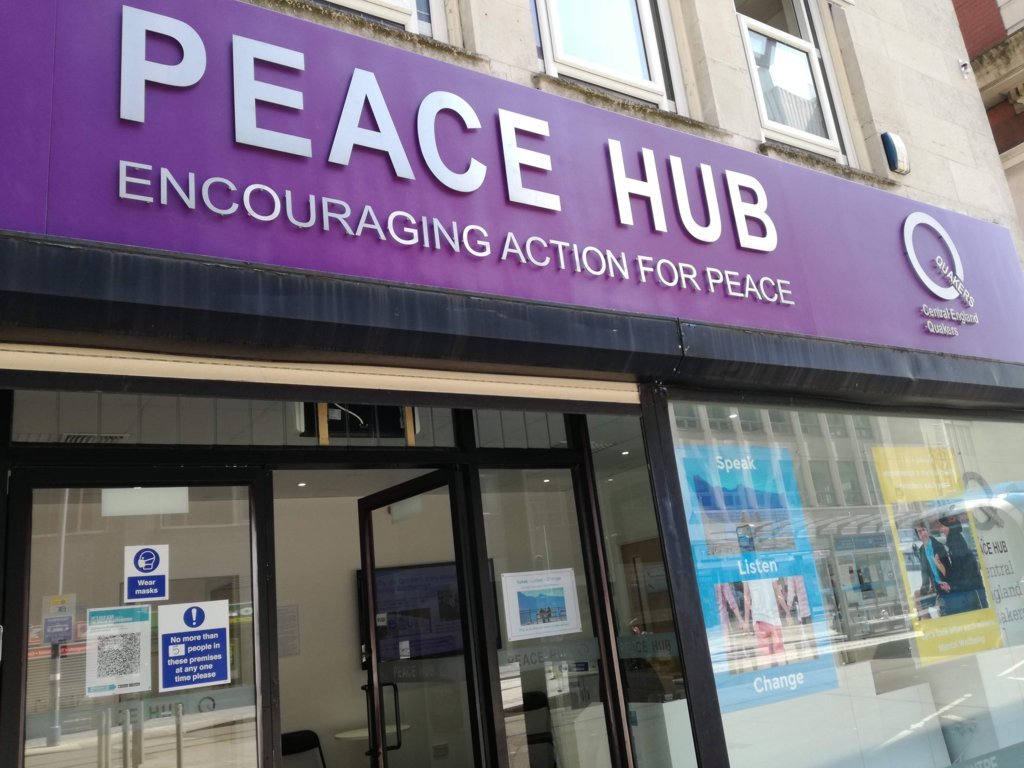There are two major international agreements being negotiated at the moment, that the UK is part of: the Transatlantic Trade & Investment Partnership and the Sustainable Development Goals. Both are wide ranging, and cover several important issues that you might want to take action on. But here we’ll focus on the aspects that relate to Peace Hub’s current theme: making our food sustainable.
Transatlantic Trade & Investment Partnership (TTIP)
TTIP is an agreement between the European Union and the United States, deisgned to make trade easier between the two. A major aim of the agreement is to bring EU and US regulations in line with each other, on a whole raft of issues – including key restrictions on factory farming, such as use of pesticides and animal growth hormones, environmental safety requirements and limits on the numbers of animals kept in a confined space.
These negotiations are happening behind closed doors, and the worry is that EU regulations that are currently much stircter than US ones will be watered down to the US level to remove “non-tariff barriers to trade”. Futhermore an ‘Investor-State Dispute Settlement’ (ISDS) system could give corporations grounds to sue countries if regulations caused them to lose profit.
You can find out more about TTIP and take action via Stop TTIP!
Sustainable Development Goals (SDGs)
The SDGs are being negotiated at The United Nations this week: they’re the sequel to the Millenium Development Goals (MDGs), which coordinated international efforts to reduce global poverty. Overall, the SDGs are a positive initiative, which could make a real difference to poverty if they are written well.
The risk is that (like with the G7s ‘New Alliance’) factory farming is seen as a quick-fix for solving world hunger. This approach ignores the fact that we already produce enough food for everyone on the planet, but do not distribute it fairly, and pays the cost of the harmful effects of factory farming. Instead, a positive agroecology approach is needed to empower small-scale farmers to grow the food that their communities need.
You can find out more about the SDGs from the UN, and take action for a sustainable approach via Compassion in World Farming.
And as always, you can pop into Peace Hub any weekday lunchtime to find out more and take action.

